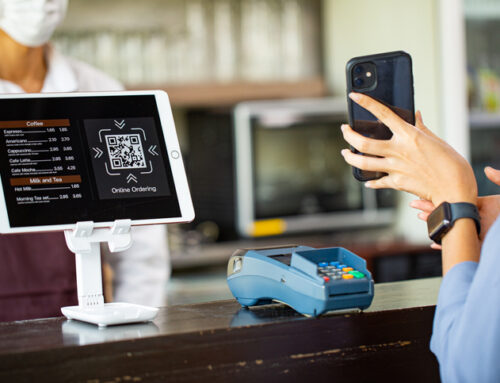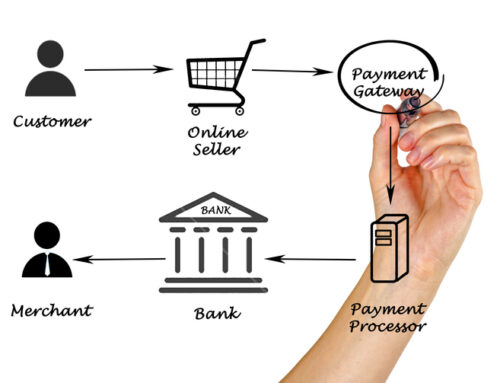An Explanation for the Observer
Anything blockchain and cryptocurrency is getting lots of hype right now. Investors seem to be pouring in money worried they will miss the big payout. Warnings of a bubble are everywhere. As an techy Accountant, I like to stay on top of these things.
This made me realize that maybe I should explain what I have learned about it in a blog. I am far from an expert on blockchain, but do keep up with some of the more well-known podcasts and articles on the subject. Thus have learned a lot in a short time.
So let’s begin. What is blockchain?
Well for blockchain you can picture a room of four computers. Let’s say the computers are tracking ownership of a piece of land. You announce to the room that the specific piece of land sold. Each of the four computers then record the transaction. The next transaction cannot be recorded until that transaction is recorded. If one computer gets it wrong, the other three push that one out of the group. In this way, you trust the system as it is designed to “catch” incorrect transactions in a transparent way.
The reason it is called “blockchain” is that transactions are grouped and secured as “blocks”. If you have heard of “miners” you may think as I once did that there are individuals out there just taking bitcoins. Miners, is actually the term used for individuals, or rather servers, who are “securing the block”. It is essentially a processing fee as they are using their servers to process the transaction. They are one of the four computers in the explanation above.
These transaction fees are currently getting higher and higher. From my understanding, bitcoin worked that every transaction processed released some additional bitcoin as payment to the processer. This has evolved but still works generally the same way. However, due to the demand, users are finding they also have to pay transactions fees over and above this. Only the first “server” to secure the block gets paid the transaction fee. The rest of the computers still need to record the transaction before the next one is recorded.
Why is this beneficial? Well, if you think of the bank and all your money sitting in there. Have you thought how that data is stored? Well it is in fact on one server (with magnitudes of backups). The banking industry is centralized meaning it is under control of a single authority (yes there are multiple banks but if you bank with CIBC, a teller from say BMO can’t see what is in your account). Blockchain offers decentralization.
From this, cryptocurrencies were born. Bitcoin is one of these cryptocurrencies, but there are many. It is all digital and you buy and sell by announcing to the room that you have given so many “virtual coins” to this individual. You access it by having a “Digital Wallet” and a special code.
Some cryptocurrencies, like Bitcoin, were developed only as a cryptocurrency. Blockchain allows for more than this – it allows for smart contracts. Transparent contracts between two parties.
Ethereum’s marketing is that its platform allows for a cryptocurrency (Ether) but that it concentrates on its ability to create smart contracts. From this DApps can be built which is the nickname for Decentralized Applications.
It happened that one of my last interviews for my book 100 Entrepreneurs: Journeys and Advice (which will be published late Spring 2018) was with Joe Lubin who joined up with Vitalik Buterin to create the Ethereum platform. Joe Lubin was voted by an insider publication as being one of the most influential in blockchain in 2017. As head of Consensys, an organization focused on creating apps using decentralized platforms (mainly Ethereum) it looks like he will continue to be so. He was an interesting guy to talk to and you can tell he truly believes in what he is doing.
Everyday there are more cryptocurrency (coin/token) releases. It is hard to keep up. So far blockchain apps or apps using cryptocurrency have been created for games, gambling, contracts and more. It will be interesting to see it unfold.
I am excited for what blockchain can do in accounting. Smart contracts can open up more automation in invoicing and payment which allows businesses to focus on providing real value instead of handling the administration. More questions on blockchain? Send us an email and we will try to cover them in a future follow up article. Or leave a comment.
Virtual Heights Accounting is a CPA firm that operates in the virtual world. We provide virtual accounting, Virtual CFO and Virtual Controller services for your growing Company. The views on blockchain and cryptocurrency are the authors alone. This article is meant for basic knowledge and learning as the world adjusts to this new landscape. This is articles is not meant for investment advice on any specific virtual currency noted.
Contact us at www.vhaccounting.ca/contactus or follow our blog on your chosen social media source.





